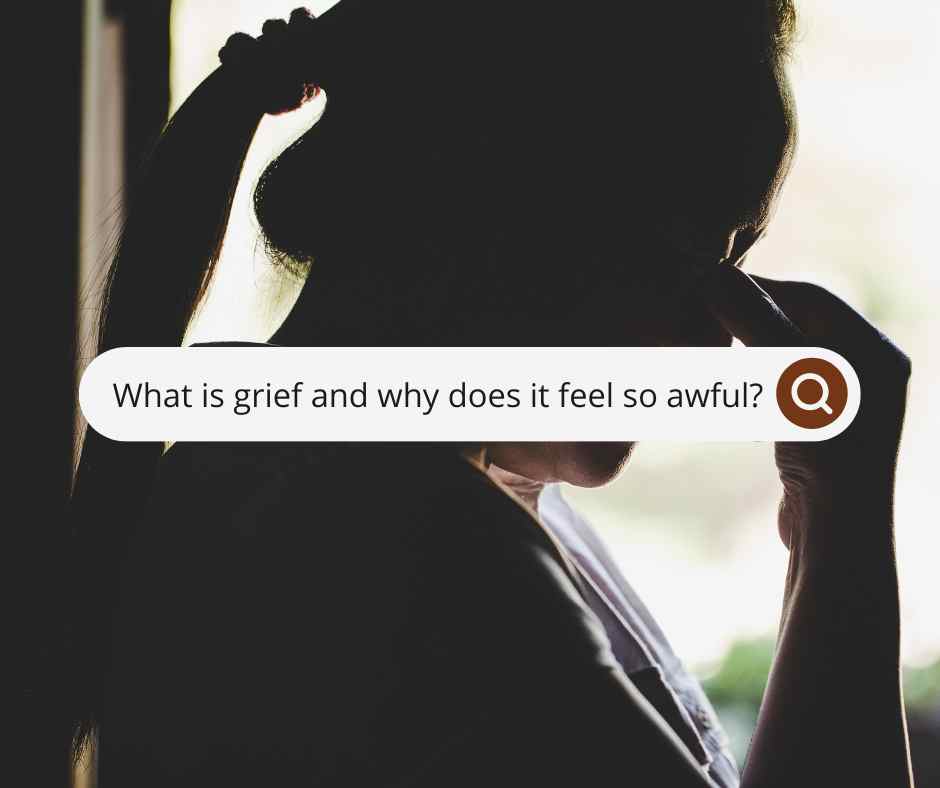 People often connect grief with death. But in fact the word has a much broader meaning, particularly for Threads of Life and its members. This excerpt from the Volunteer Family Guide Resource and Training Manual delves deeper into the meaning of grief and the wide range of reactions. Dr. J. William Worden defines grief as a “universal human response to loss”. It could be the loss of a loved one or a loved one’s health and ability to function, the loss of your own health and energy, or the loss of your home or means of providing for your family. A family member who is dealing with the death of a loved one or living with a family member who has a work-related injury or illness may be grieving:
People often connect grief with death. But in fact the word has a much broader meaning, particularly for Threads of Life and its members. This excerpt from the Volunteer Family Guide Resource and Training Manual delves deeper into the meaning of grief and the wide range of reactions. Dr. J. William Worden defines grief as a “universal human response to loss”. It could be the loss of a loved one or a loved one’s health and ability to function, the loss of your own health and energy, or the loss of your home or means of providing for your family. A family member who is dealing with the death of a loved one or living with a family member who has a work-related injury or illness may be grieving:
- the loss of a dream,
- the loss of an anticipated future,
- the loss of a relationship as they knew it, or
- the loss of hope for the future.
Family members whose loved one is living with a life-altering injury or illness may also be wondering how they will be able to care for their loved one and struggling with fatigue, anger, hopelessness and guilt. They may be experiencing financial difficulties and feeling trapped or isolated. Any of these feelings could leave a family member unable or unmotivated to care for themselves, leading them deeper into grief and despair.
Common reactions to grief:
Cognitive
- Difficulty making decisions
- Disorientation Indecisiveness Memory loss
- Poor attention span
- Poor concentration
- Time distortion
Emotional
- Anxiety
- Fear of harming oneself and/or loved ones
- Feeling lost
- Feeling overwhelmed
- Grief and fear
- Numbness
- Shock
Physical
- Dizziness
- Quickened heart rate
- Gastrointestinal problems
- Grinding teeth Headaches
- Light-headedness Nausea
- Tremors
Behavioural
- Arguments with loved ones
- Change in sexual desire or functioning
- Increased or decreased eating
- Irritability
- Suspicion
- Withdrawal
- In Profile: Thunder Bay Steps for Life Committee - March 7, 2025
- Help us spread the Safety Message! - March 5, 2025
- Taking the first step for Steps for Life - February 6, 2025

 Find Support
Find Support Donate
Donate